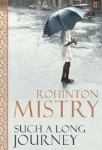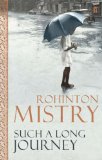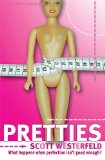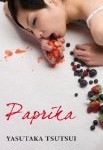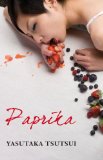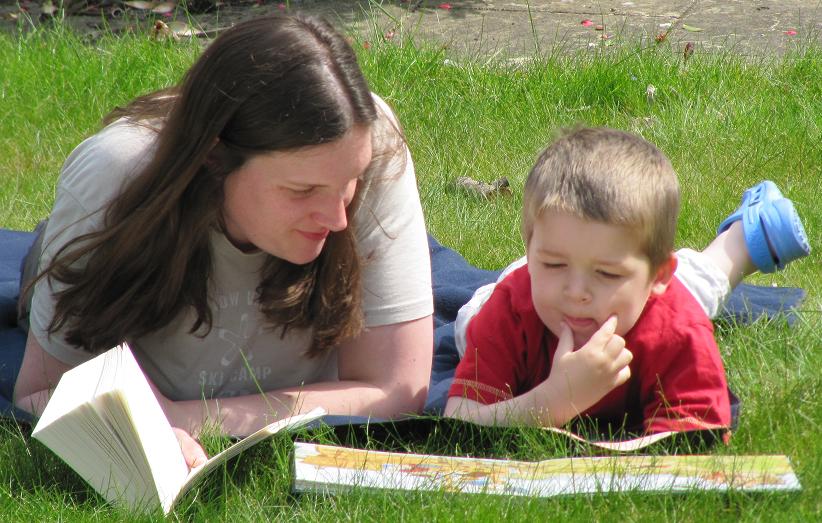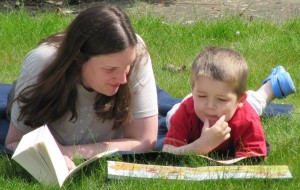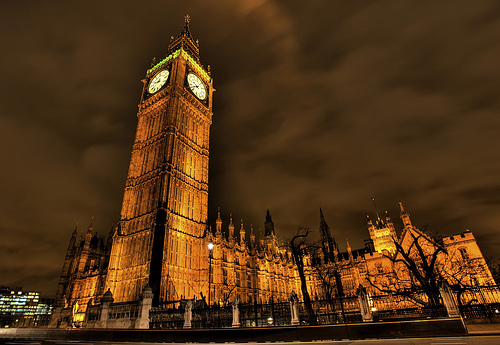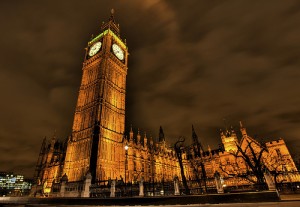Bookish news
Jay Rubin, Murakami’s translator gives an interesting interview
Webcomic Fans Boost Self-Published Book to Amazon’s #1 Spot
Such a Long Journey by Rohinton Mistry battles censorship in India
Fiction Uncovered, a new book award, has been launched.
Six scientists tell us about the most accurate science fiction in their fields
A new digital-only publishing house, specializing in short stories has been launched.
The Commonwealth Writers’ Prize has just launched a facebook page
An interesting article on the art of bookselling.
A Book Club for Readers Who Will Pay to be First
Death mask study reveals ‘real’ William Shakespeare
Glimpses of the new Water for Elephants film are creeping onto the Internet. I can’t imagine it being as good as the book, but it looks as though they’ve captured the right atmosphere.
Just for fun!
How good are you at recognising book covers made from lego?
20 Worst Children’s Book covers. My favourite is Cooking with Pooh!!
UN ‘to appoint space ambassador to greet alien visitors’ I’m not convinced that aliens will wait around long enough for the space ambassador to come and greet them!
The Machine Stops by EM Forster.A short story written in 1909 which impressively predicts the future.
An example of how poor advert placement can be very amusing!
I hope you enjoy browsing these links.
Have a great weekend!!
